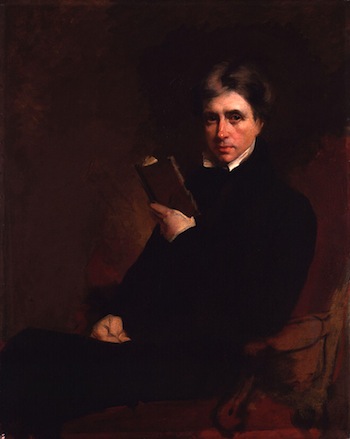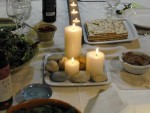Have you ever seen a grandfather advertising for work? “Experienced grandfather seeks skilled or semi-skilled position, any shift that doesn’t interfere with afternoon nap.” Nope, haven’t seen any ads. And I know why: we are already busy as a bee in the clover patch serving as the family anchor.
Most of us are convinced that our grown children are still too young and far too immature to be real parents and thus must need our help. My advice is to concentrate on the smaller dependents; they’re still malleable. And the younger the better: the little ones are far more impressed by a grandparent’s ministrations than, say, a 13-year-old.
My grandkids live out of town, so I take advantage of every form of communications I can get my hands on. Even in this age of email, that quaint invention, the telephone, still works – except with the littlest ones, who haven’t mastered the art of holding onto the receiver without dropping it.
I’ve written about this before, but it’s worth saying again – the United States Post Office gets my vote because, for 49 cents, you can send a large number of words and, for not much more, you can include other accessories and get them all delivered by a uniformed employee of the U.S. government (kids love uniforms). You can’t send a stick of gum attached to an email. A wise grandfather, besides sage counsel and family gossip, will include a baseball card, a newspaper clipping, bubblegum, or even a candy bar. I don’t think of it as a bribe, rather as a way to lure the young mind into the civilized joy of correspondence.
Legend tells us that Socrates kept a big jar of black olives on his desk to reward precocious students. So, I too use wiles of all kinds to encourage younger kin to rip open envelopes from me with frantic enthusiasm. The result I’m looking for is, “Wonder what he sent this time? Maybe if I write back today, he’ll send another Hershey bar.”
On second thought, while chocolate bars are nice and flat for mailing, they have their disadvantages in summer, so unless you’re mailing from Nome to Anchorage, you might want to skip that idea. But I do try to always include something that is amusing, edible or ethically fortifying. My grandkids usually award the family Pulitzer Prize to the clippings I call “Pet Heroes” – the collie who pulled little Jimmy out of the river, the cocker spaniel whose barking woke up a family in time to escape their burning home, the rescue dog who finds the missing child. If it’s true that the gabbling geese saved Rome, then I bet there was a grandfather’s letter reporting it to the kids in Venice.
Today’s kids are fascinated by this old-world form of communication. It doesn’t interrupt their TV dependency, and often yields candy or money. And it doesn’t take a great writer to be a fabulous correspondent; in fact, the letter can be pretty drab, like, “Dear Malcolm, How are you? I am fine. Grandma says hello too. The End.” (Kids seem to like formal endings.)
How to outwit the smart kid who just goes straight for the cartoon or the baseball card? I include coupons. Here’s a sample post-epistle phone conversation: “Malcolm, did you like the candy?” “Yes, I like candy.” “Great. You know, I had another one here, but you didn’t send me back the coupon and a letter, so I had to feed it to the cat.” (Whispered aside: “Mom, where’s the coupon?”)
I once had a 4-year-old granddaughter – well, I still have her, but she’s 8 now. She loved insects. You wouldn’t believe how well crickets, grasshoppers and locusts travel in the mail. My best letter, she told me later, was accompanied by a thin, flat frog mashed into two dimensions by a truck. He shipped well.
Ted Roberts is a freelance writer and humorist living in Huntsville, Ala. His website is wonderwordworks.com.




